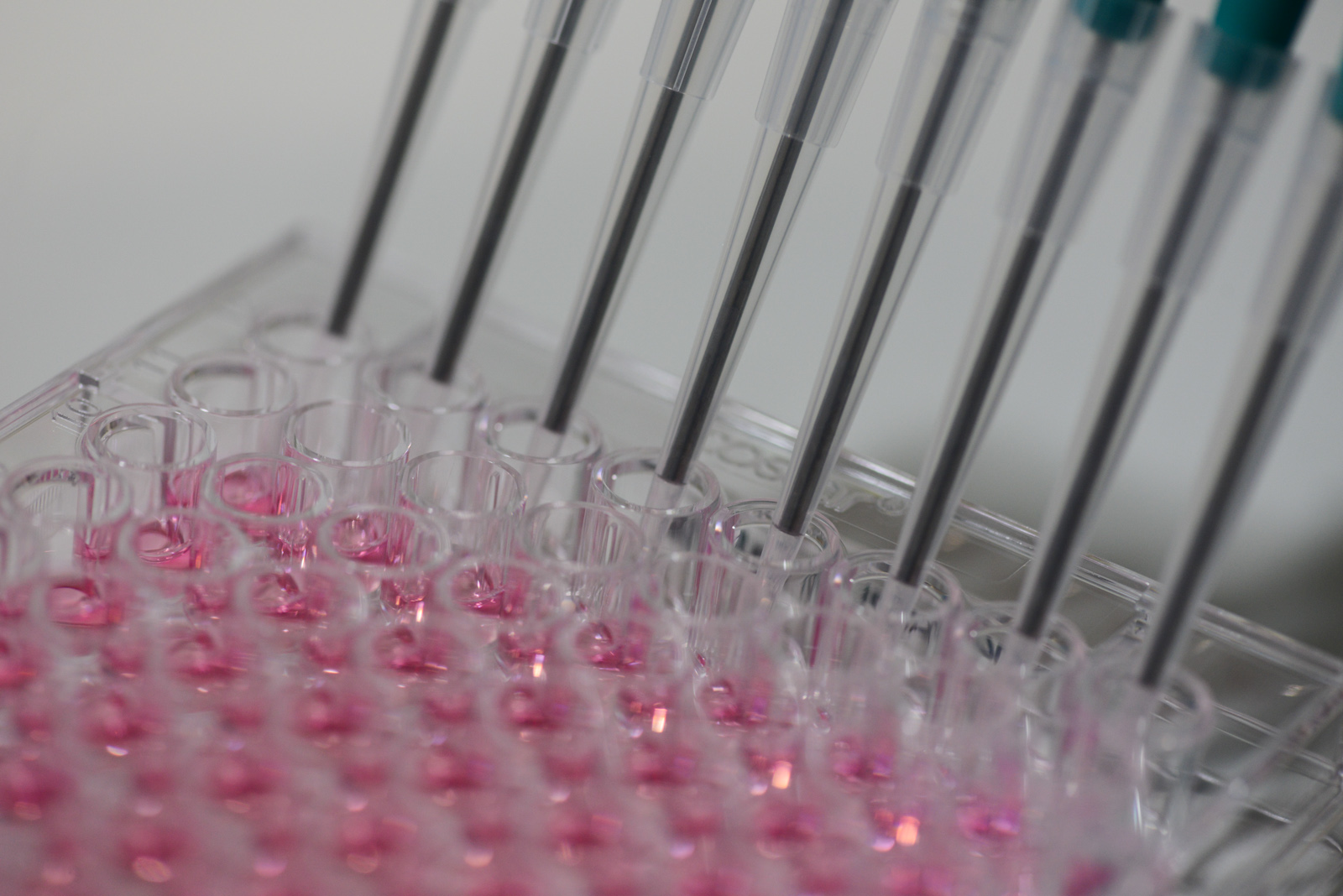Staff at the Royal Free London have now recruited 100 patients to the ground-breaking 100,000 Genomes Project.
Patients enrolled in the project will be asked to donate a blood sample for sequencing of their entire genome. In patients with cancer, the cancer itself will also be sequenced to find the exact genetic changes that caused their disease. 
The project aims to improve the diagnosis and increase our understanding of cancer and rare diseases. This will create a new Genomic Medicine service for the NHS – transforming the way people are cared for by bringing personalised medicine to the clinic.
At the Royal Free London patients with kidney, neurological, metabolic, eye, paediatric and other rare diseases are eligible for enrolment in the project. Kidney and other cancer enrolment is due to start at RFL later this year.
This project is being run by Genomics England and is delivered by 13 regional Genomic Medicine Centres. The Royal Free London is one of six trusts from north and east London which make up the North Thames NHS Genomic Medicine Centre. Other trusts in the group include Great Ormond Street Hospital, Barts Health and UCLH.
This project will enable a better understand of genetic changes and how they link to disease, as well as facilitating the development of targeted and, where necessary, individualised therapies.
The trust has been given an allowance of over 1,000 patients to be recruited over the next 18 months, and it is hoped that by filling this generous allocation we will provide maximum benefit to our patients.
At the RFL the project is being led by renal consultant Daniel Gale, who said: “I am delighted that the Royal Free London is playing a major role in the 100,000 Genomes Project as this will give our patients access to this hugely exciting technology. By sequencing their genome, clinicians will be able to provide more patients with an accurate diagnosis. Doing this nationally on such an ambitious scale will allow researchers to take a huge step forward in understanding the causes of these diseases, hopefully leading to the development of new and better targeted treatments. In the long term, whole genome sequencing could transform the NHS by becoming a standard test clinicians use to diagnose diseases more precisely, allowing them to deliver treatment tailored to each individual patient.”
More information can be found on the Genomics England website.
Ends
Notes to editors
Media contacts: mary.mcconnell2@nhs.net or call 020 7472 6665
About the Royal Free London NHS Foundation Trust
The Royal Free began as a pioneering organisation and continues to play a leading role in the care of patients. Our mission is to provide world class expertise and local care. In the 21st century, the Royal Free London continues to lead improvements in healthcare.
The Royal Free London attracts patients from across the country and beyond to its specialist services in liver and kidney transplantation, haemophilia, renal care, HIV, infectious diseases, plastic surgery, immunology, Parkinson's disease, vascular surgery, cardiology, amyloidosis and scleroderma and we are a member of the academic health science partnership UCLPartners.
In July 2014 Barnet Hospital and Chase Farm Hospital became part of the Royal Free London. Read 'A bigger trust, a better future'.
 Translate
Translate